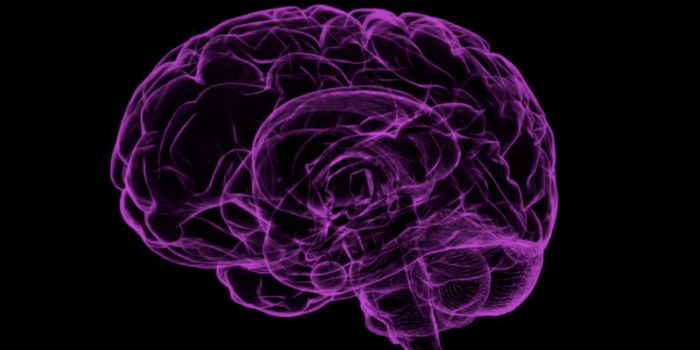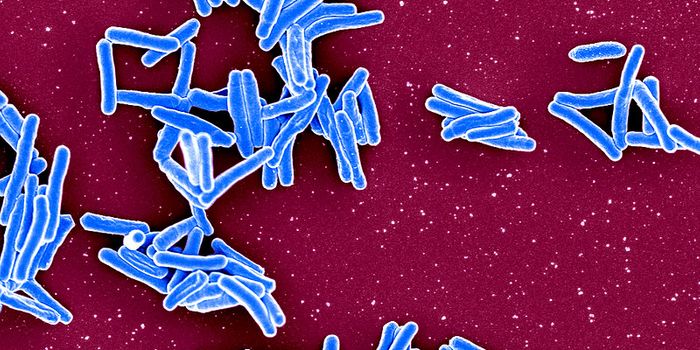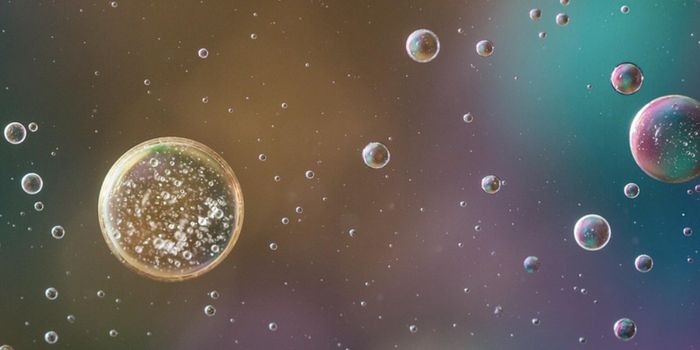Evaluating the Genetic Damage Caused by Cancer Treatments
Throughout our lives, our bodies have to constantly replenish old cells with new ones; a cell can give rise to two new ones and the genome has to be copied and divided evenly between the two new cells every time. Our cells are also exposed to a wide variety of detrimental environmental influences, like toxins or UV rays. Inevitably, errors can arise in the genome, and while some are harmless, others can lead to uncontrolled cell growth - cancerous tumors. During cancer treatment, therapeutics take aim at tumor cells, and some target their DNA. While these treatments are meant to impact only cancerous cells, they can also cause collateral damage to healthy cells.
In new work reported in Nature Genetics, a team of researchers has assessed how six widely used cancer therapies affect the genome. Five of these treatments are chemotherapies (platinum-based drugs and capecitabine) and one is radiotherapy, which uses radiation.
"It is important to remember that chemotherapies are highly efficient for the treatment of cancer," noted the first author of the study Oriol Pich, a graduate student at the Institute for Research in Biomedicine (IRB Barcelona). "But long-term side effects have also been reported in some patients. Studying the DNA mutations that occur in cells as a result of chemotherapies is the first step towards understanding the relationship between these mutations and the long-term side effects of these treatments."
In this work, the researchers used genetic sequences obtained from metastatic tumors from about 3,500 cancer patients (provided by the Hartwig Medical Foundation in the Netherlands) and data about the treatments the patients got. Led by ICREA researcher Núria López-Bigas, head of the Biomedical Genomics Laboratory at the IRB Barcelona, the scientists were able to find patterns in the genetic mutations in the tumors, called a mutational footprint.
"Once this footprint has been identified, we can quantify the DNA mutations that have been caused by each kind of chemotherapy, as well as those caused by treatment combinations," explained López-Bigas. "We have compared these numbers with the genetic alterations caused by natural endogenous processes. We have calculated that, during treatment, some of these chemotherapies cause DNA mutations at a rate that is between 100 and 1000 times faster than what normally occurs in a cell."
Now that the researchers know more about the impact of these treatments, they can be applied optimally. "The aim is to maximize the beneficial effects of chemotherapies by destroying tumor cells while minimizing the number of mutations caused in the healthy cells of the patients. This would be achieved through a careful combination of dose and treatment duration," said López-Bigas.
The researchers acknowledged some caveats in the study, including the accumulation of mutations in healthy tissues, and suggested that different tissues would be more susceptible than others, and risk can vary between individuals. Further studies that also sample healthy tissues will reveal more about how chemotherapy can damage healthy cells.
Sources: AAAS/Eurekalert! via Institute for Research in Biomedicine (IRB Barcelona), Nature Genetics









